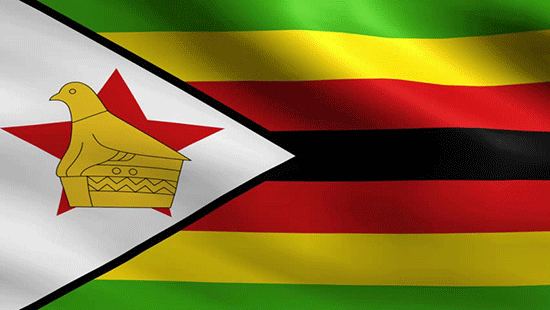Zimbabwe’s ambitious $16.9 million Goromonzi Agro-Industrial Park, a project aimed at transforming the nation’s agricultural sector, is set to include a significant focus on industrial hemp and cannabis production. The project, designated as a Special Economic Zone (SEZ), aims to combine advanced farming techniques, agro-processing facilities, and high-value crop cultivation to drive economic growth and job creation.
Located on a sprawling 1,025-hectare site in the Goromonzi District, 40 kilometers east of Harare, the agro-industrial park is part of the government’s broader strategy to modernize agriculture and increase farm value. The cultivation of industrial hemp and cannabis for medicinal and industrial purposes is expected to be a cornerstone of the park’s activities, which will include horticulture and high-tech farming.
With strategic investment in research and innovation, the hemp industry could play a pivotal role in Zimbabwe’s agricultural transformation.
Three-phase rollout
The development will roll out in three phases, requiring investments of $2.99 million, $4.87 million, and $9.02 million over six years. Funds will be allocated to core infrastructure projects, including water systems, smart systems, and agro-processing facilities designed to handle raw agricultural products and convert them into finished goods for both local and export markets.
The Goromonzi Agro-Industrial Park has reportedly gotten notice from international investors, including entities from the United Arab Emirates, which have expressed interest in contributing expertise and financing to the project. It was also showcased during the Southern African Development Community Industrialisation Week in 2024, where it was highlighted as a transformative initiative for the region’s agricultural sector.
The park represents a key component of Zimbabwe’s economic transformation agenda, aimed at enhancing productivity, boosting food security, and creating thousands of jobs. With the incorporation of industrial hemp and cannabis, the project also positions Zimbabwe to tap into the growing global market for hemp-based products, ranging from textiles to bioplastics and pharmaceuticals.
Looking for money
Currently in its implementation phase, the project has completed its feasibility study and is actively seeking additional investments to move forward with construction and going online. By focusing on value addition and industrialization, the Goromonzi Agro-Industrial Park is poised to serve as a model for agro-industrial development across Africa.
Zimbabwe’s hemp industry, though promising, is still navigating significant challenges as it emerges from its infancy. While regulatory strides, such as the 2019 Industrial Hemp Regulations, have paved the way for legal cultivation and production, stakeholders are grappling with issues like limited access to seeds, high cultivation costs, and unreliable market dynamics. These hurdles have disrupted potential growth, with some farmers unable to fulfill previously arranged export deals.
A significant “knowledge gap” in cannabis farming practices has further hindered progress, particularly among small-scale farmers who often lack the resources and expertise to navigate the industry’s demands.
Innovation is critical
The absence of locally available seeds has forced farmers to rely on costly imports, further driving up production expenses. Efforts to innovate and diversify hemp products, including hemp cigarettes and broader applications for CBD oil, are viewed as essential steps to solidify the industry’s foundation.
The Zimbabwean government began formalizing the hemp industry with the legalization of industrial hemp in 2019 and the subsequent opening of the domestic market for CBD in 2020. The Criminal Law Amendment Bill of 2022 further distinguished hemp from marijuana, providing greater legal clarity for producers. Despite these developments, experts believe progress remains slow due to ongoing efforts to develop hemp varieties better suited to Zimbabwe’s climate and conditions.
As a nation historically reliant on tobacco, which accounts for 20% of its exports, Zimbabwe views industrial hemp as a potential alternative for the struggling sector. However, to fully realize its potential, stakeholders are advocating for diversification beyond CBD production, exploring hemp’s vast applications in food, fiber, and other industrial products.

